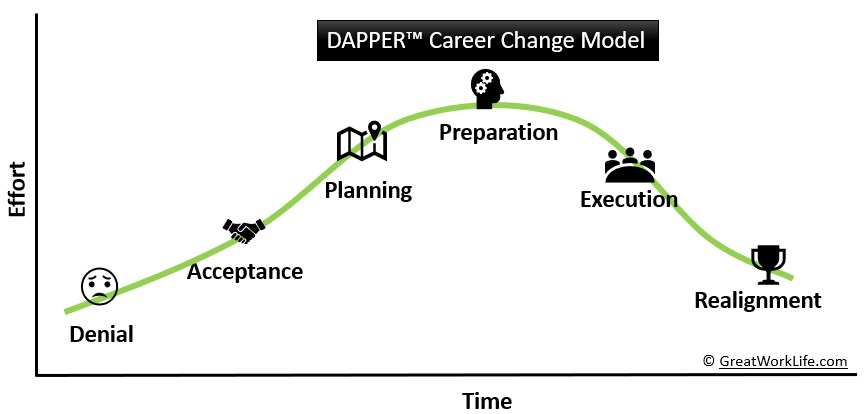
Business administration program graduates can pursue many careers including management, finance, communication, and more. They can also pursue careers in the health care industry. They are interested in health information technology and medical records analysis. Other career options are office and logistics managers.
Health information technicians
One of the fastest-growing occupations in America is health information technology (HIT). It is a combination of computer science and management, legal procedure, and business principles. A degree in health information technology can help the medical community improve patient care and reduce costs. You can find jobs for health information technicians in hospitals, physician offices and insurance companies.
Healthcare information technicians are often employed by companies that design platforms and healthcare systems. They may also be employed by remote facilities or contract services. Health information technicians can work remotely to manage their schedules. Professional certification may be required for some roles.
Medical records analysts
The data in medical records is managed by medical records analysts. These analysts may also produce reports that help to streamline the records. They must hold a degree, preferably in health information or related fields, and have at least one year of supervised work experience. This job is challenging and requires high standards.

Applicants for medical records analyst jobs should be well versed in medical terminology and anatomy and physiology. They must also be able and able to manage time and prioritize tasks.
Managers in the office
Office managers with degrees in business administration can work in a variety of industries. A bachelor's degree is usually sufficient to get most entry-level job positions. However, larger companies may prefer candidates with a masters. Additionally, many employers require that aspiring office managers earn the Certified Business Office Manager (CBOM) certification, which can take a few weeks to complete. An office management degree is highly beneficial.
Managers must be highly organized and possess strong communication skills. They should have experience planning events and organizing travel. They should have knowledge of creating systems and establishing processes that allow the office to run smoothly. They will likely be leading meetings or drafting communications for the whole company.
Logistics managers
Logistics managers are responsible to manage the storage and transportation of goods for companies. These individuals must have the ability to analyze processes and problem-solve under pressure. They work closely with other departments to ensure smooth goods flow. They collaborate with warehouse managers as well as senior management.
A strong analytical, problem solving, and communication skill set is essential to become a successful logistics manager. It is also important to be meticulous and an observer of details. A logistics manager with a keen eye can help companies increase their profits by identifying ways that they can reduce costs and maximize the flow.

Forensic accountants
Forensic accounting, a specialization in risk management, requires investigative skills as well as a background in criminal law. These accountants make upwards of $150,000 annually. In addition, they can expect a good deal of autonomy and responsibility.
Forensic accountants are in high demand, especially in local and government law enforcement departments. They examine financial data and investigate crimes and terrorism. They can be called upon to testify in court as expert witnesses and gather evidence during the discovery process. Additionally, they are involved in corporate security and risk management.